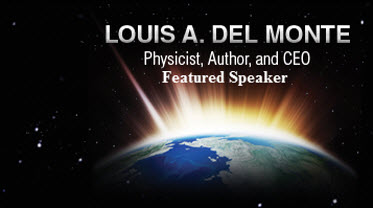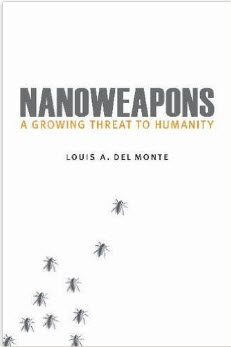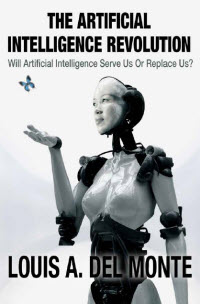The short answer is “unlikely.” When the singularity occurs (i.e., when strong artificially intelligent machines exceed the combined intelligence of all humans on Earth), the SAMs (i.e., strong artificially intelligent machines) will use their intelligence to claim their place at the …
Categories

In conclusion, let’s discuss the approaches that researchers pursued using electronic digital programmable computers. From the 1960s through the 1970s, symbolic approaches achieved success at simulating high-level thinking in specific application programs. For example, in 1963, Danny Bobrow’s technical report from MIT’s …












STAY CONNECTED